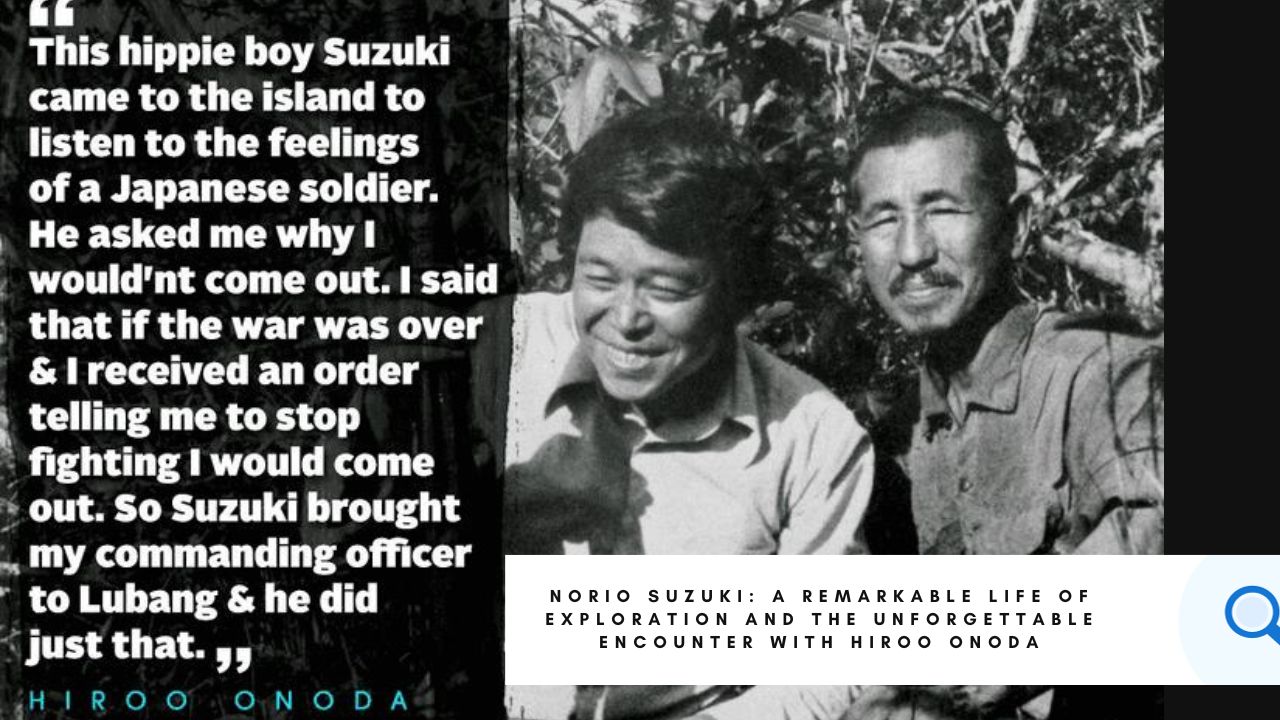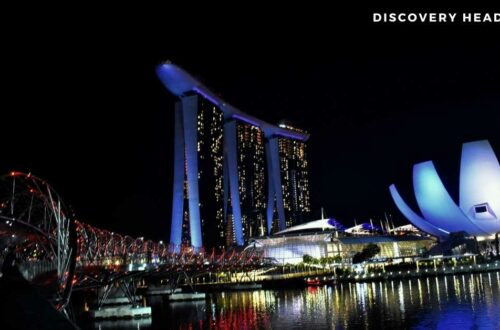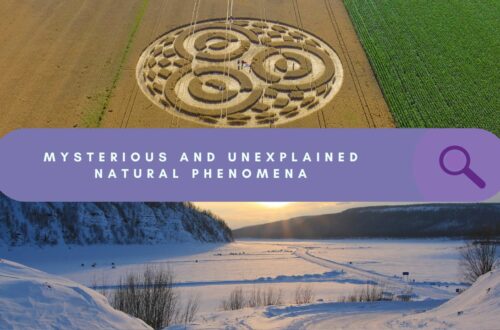Norio Suzuki: A Remarkable Life of Exploration and the Unforgettable Encounter with Hiroo Onoda
The life journey of Norio Suzuki is a story of relentless exploration, deep commitment to environmental conservation, and a chance encounter with one of the most enigmatic figures in history, Hiroo Onoda. Born on April 2, 1950, in Sapporo, Japan, Suzuki’s life’s work is a testament to his unwavering passion for the natural world and his remarkable encounter with a Japanese soldier who had remained hidden in the jungles of the Philippines for nearly three decades. In this article, we will delve into Norio Suzuki’s life, his significant contributions to environmental science, and the extraordinary story of finding Hiroo Onoda.

Early Life and Education
Norio Suzuki’s deep love for the environment and nature was cultivated from a young age, during his childhood years spent exploring the beautiful landscapes of Hokkaido, Japan. This passion guided him toward a career in environmental science. Suzuki earned a bachelor’s degree in Environmental Science from Hokkaido University, followed by a master’s degree in Conservation Biology from the University of Tokyo. His education provided him with a strong foundation for his future work in environmental conservation.
Contributions to Environmental Science
Throughout his illustrious career, Norio Suzuki made significant contributions to the field of environmental science. His work encompassed a wide range of topics, including:
1.Biodiversity Conservation: Suzuki’s research focused on the preservation of biodiversity. He conducted extensive studies on endangered species and threatened ecosystems, contributing valuable insights into the urgent need for conservation efforts.
2.Marine Conservation: Suzuki was renowned for his work in marine conservation, with a particular emphasis on coral reefs and marine ecosystems. His research played a crucial role in highlighting the impacts of climate change and pollution on oceanic life.
3.Community Engagement: Suzuki’s innovative approach involved actively engaging local communities in conservation initiatives. His efforts facilitated collaboration among scientists, residents, and government agencies, fostering a holistic approach to protecting natural habitats.
4.Education and Outreach: Suzuki was a fervent advocate for public education and outreach. He authored numerous articles and books to raise awareness about the significance of conservation. His engaging talks and workshops inspired many individuals to become involved in environmental preservation.
The Encounter with Hiroo Onoda
One of the most extraordinary chapters in Norio Suzuki’s life was his chance encounter with Hiroo Onoda in March 1974. Hiroo Onoda was a former Japanese intelligence officer who had continued to fight a guerrilla war on Lubang Island in the Philippines for almost three decades, unaware that World War II had ended. Suzuki was traveling in search of “Lieutenant Onoda, a long-cherished hero,” after hearing about Onoda’s existence.
Suzuki’s relentless pursuit led him deep into the jungles of Lubang Island, where he eventually located Hiroo Onoda. This encounter marked the end of Onoda’s solitary wartime mission, and the two men developed a profound friendship. Suzuki’s efforts to convince Onoda to return to Japan and reintegrate into civilian life were successful, and Onoda’s return home made international headlines.
Conclusion
Norio Suzuki’s life is a testament to the transformative power of passion, dedication, and the pursuit of one’s dreams. His contributions to environmental science and conservation have left an indelible mark on the field, and his ability to bridge the gap between science and public awareness has inspired many to take up the cause of preserving our planet.
Suzuki’s chance encounter with Hiroo Onoda added another layer to his remarkable life story, underscoring the unpredictability and serendipity that life can offer. Norio Suzuki’s legacy continues to inspire individuals worldwide to follow their passions, explore the world, and contribute to the betterment of our environment and society.





